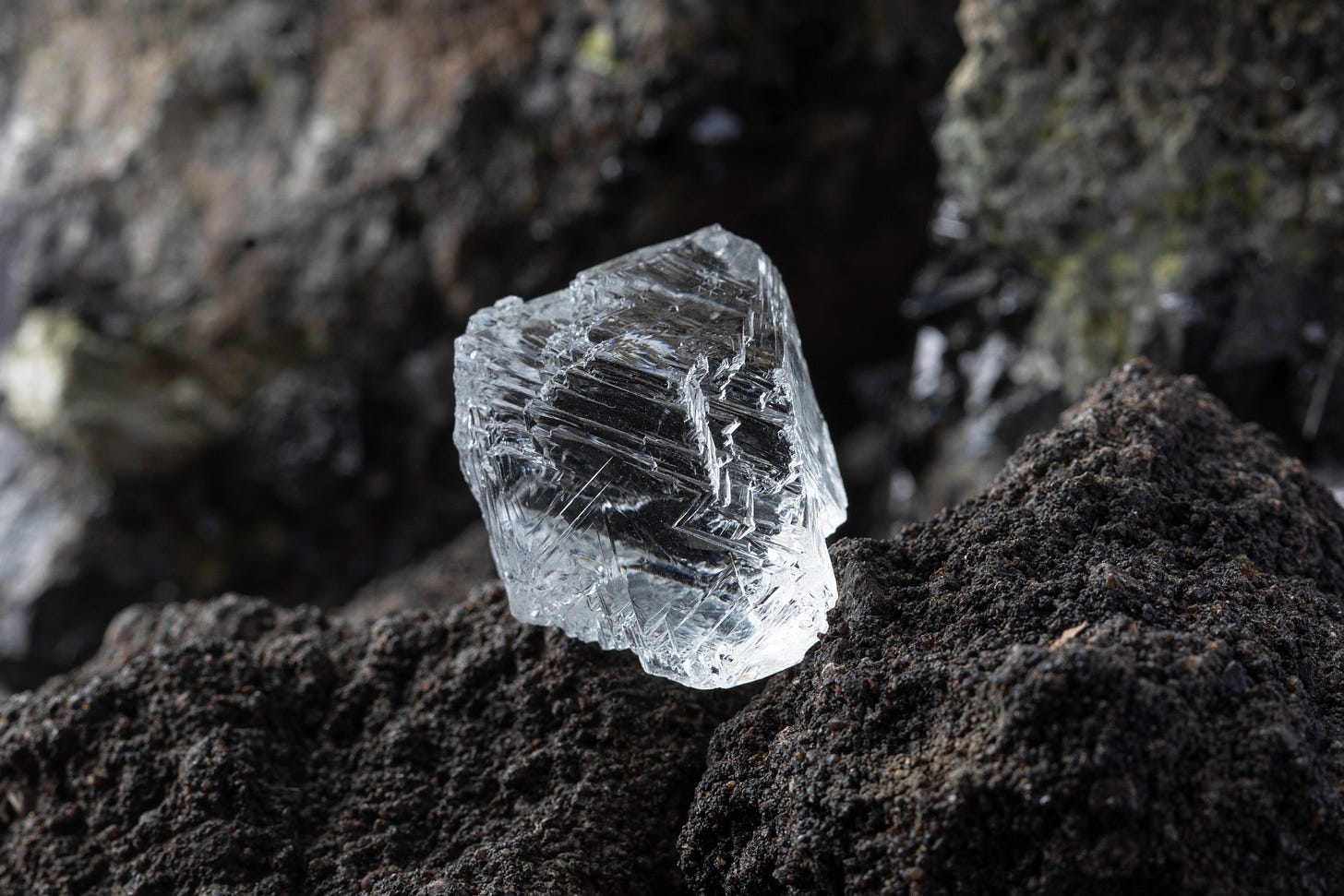I learned a new word today. It wasn’t necessarily a word I wanted to learn, and it certainly wasn’t in a context I wanted to become familiar with, but there it is. It came bumping off the back of a whole lorry-load of words to do with war and the waging of war, words that I needed for a book I am working on (more on this when the time is right).
What is the word? It is a verb - to attrit.
Of course, I knew the noun ‘attrition’ - no-one who has touched on a study of the First World War is unfamiliar with the brutal concept of wearing the enemy down, armament by armament, munition by munition, dead soldier by dead soldier by dead soldier.
In my innocence, though, until I read ‘to attrit’ in an article by a contemporary American general, I had not thought of this wearing down, this degrading and destroying, as being an active verb. But of course it is. It is a chosen, deliberate act, and a useful, necessary tool in the waging of war - and if you’re going to wage war, or have the waging of war thrust upon you, you might as well make yourself familiar with all the tools available. So yes, to attrit the enemy.
Rather like the term ‘knee-capping’ which fell into common use during the Troubles in Northern Ireland, it is a word which makes me shudder with horror and sorrow that the actions these terms denote should have become so commonplace as to require a name. You could say something similar about the term ‘Troubles’ too - was there ever a more off-hand, almost cosy way of referring to thirty years of bitter, brutal internecine warfare? Talk about litotes…
Back to ‘attrit’, though. Where did this word come from, and how did it grow into its current usage? As far as I can tell, by plunging down various familiar and less familiar rabbit holes, it originally described the action of rubbing one substance against another to make it finer and more beautiful, and is still used in its original meaning in the world of diamond polishing - you attrit a rough diamond to make it glitter and gleam in any one of scores of brilliant shapes.
There is also a rather, to me, creepy medieval religious meaning, which seems to imply a kind of wearing down of the individual’s soul so that it’s ready to beg for mercy - attrition leads to contrition, according to this doctrine. I am sure I am overlooking great subtleties here, and am happy to be corrected, but still…
There is a saying, sometimes attributed to Leonardo Da Vinci - “A diamond is just a lump of coal that did well under pressure.”
Whatever the pressure, though, it is hard to see any thing beautiful coming out of a war of attrition - except perhaps, finally, peace.
Happy New Year, one and all, wherever you may be.






